Overtime Pay For Off-Hours Email Checking?
Or Mutual Work-Time Flexibility?
Once upon a time I enjoyed the days when I could mentally and physically punch out at the end of the day and not think about work again until the next morning. My work and personal lives were totally separate. But, my career advanced and now I respond to emails when I first wake up (there's always something waiting for me), when I'm out at lunch, and long after I've left the office. I always take a bit of the office with me wherever I go. There's definitely something 21st century about emailing your boss while watching trailers at the movie theater. And I'm not alone. In a world of 24/7 communication, many companies expect that employees are "e-vailable" (available online) at all hours of the day and night. It's not being "on call" per se, because you don't have to actually pack up and go into the office, but "on email", where you can make decisions from your jammies as you watch Conan O'Brien. The difference is overtime pay.So, should workers get paid for being evailable? ABC has brought to light a handful of lawsuits that have recently popped up from disgruntled employees saying that yes, that is personal time used for work and therefore compensation is required. Then there is the reaction from the company that everyone is required to do more with less--more hours, less pay, more off-hours communication. In my case, the recession impacted my company such that it cut expenses like work phones, which meant that I was communicating with my boss on my brand new (personally-financed) iPhone.Now, I get it. The reality is that in this world of 24/7 communication and during this recession we all need to stay connected to make sure the machine runs smoothly. Mentally punching out at 5:00 isn't going to work. If a worker isn't willing to commit to constant communication, there's a line around the block of desperate job-seekers who will be. As Darryl Ohrt recently wrote, "We bring our personal lives into the workplace and our work into our personal lives thanks to smart phones, internet everywhere and teams spread across time zones. At our agency, we openly encourage employees to spend time on Facebook, Twitter and other personal social networks while at work, and they're answering emails from home at night. This is the workplace of 2009."So, while it may be hard to demand monetary compensation, especially if you're paid a salary (like I am) and not hourly, what may be best is a "two-way street" of time flexibility. Darryl Ohrt suggests just that:
"What if employees were required to be at the office from 10 a.m. to 4 p.m., but the rest of the schedule was left to their personal preference? Meetings could be scheduled, clients could make contact and collaborations could continue to flourish during the core part of the day. But otherwise, morning people could be morning people, and night owls could be night owls. A morning person might come in at 8 a.m. and leave at 5 p.m. A late sleeper might come in at 10 a.m. and leave at 7 p.m.
Executives and senior creatives are already working with open schedules, as management trusts that employees at this level have dedicated themselves to a career, and are going to work day and night anyway. Freelancers and independents also enjoy a schedule of their choosing. Naturally, some agencies require a 12-hour work day for all employees, and can't even enter the discussion.
But what about the average knowledge worker? The people that fill your agency not because it's their calling, but because it's the job they love. The people without the fancy offices or fat salaries. Fixed schedules seem to be kept for clients (a good idea) and for fear or distrust of employees (a bad idea). Management wants to avoid the potential predicament of 'awesome ... I'll only work 3 hours a day,' and embraces the structure of a fixed schedule as a safety net instead."
In the end, we're left wondering, is this the death of the 9-to-5? Well, we'll have to wait and see. And if you feel like "office hours" are already reminiscent of days gone by then curl up on your couch, slip in the classic comedy starring Jane Fonda, Dolly Parton, and Lily Tomlin, and enjoy--but don't neglect those work emails!
